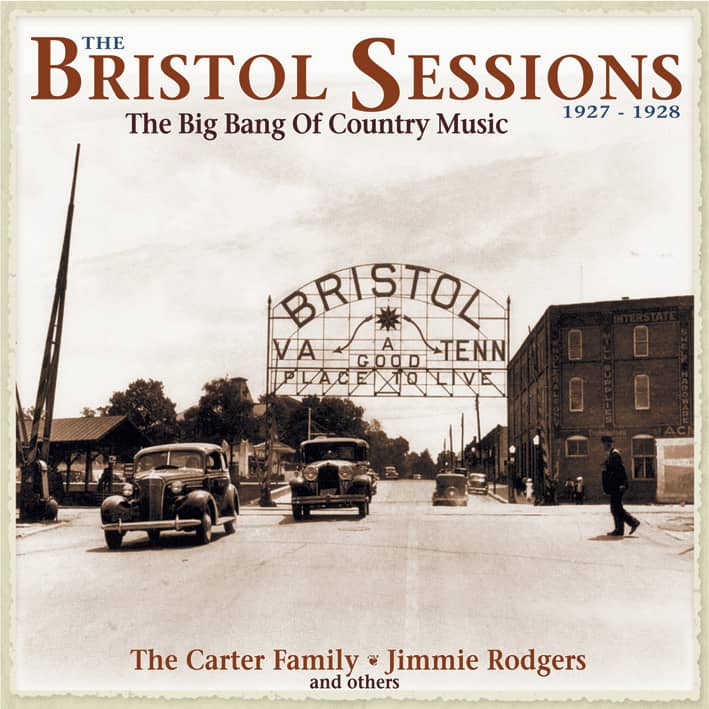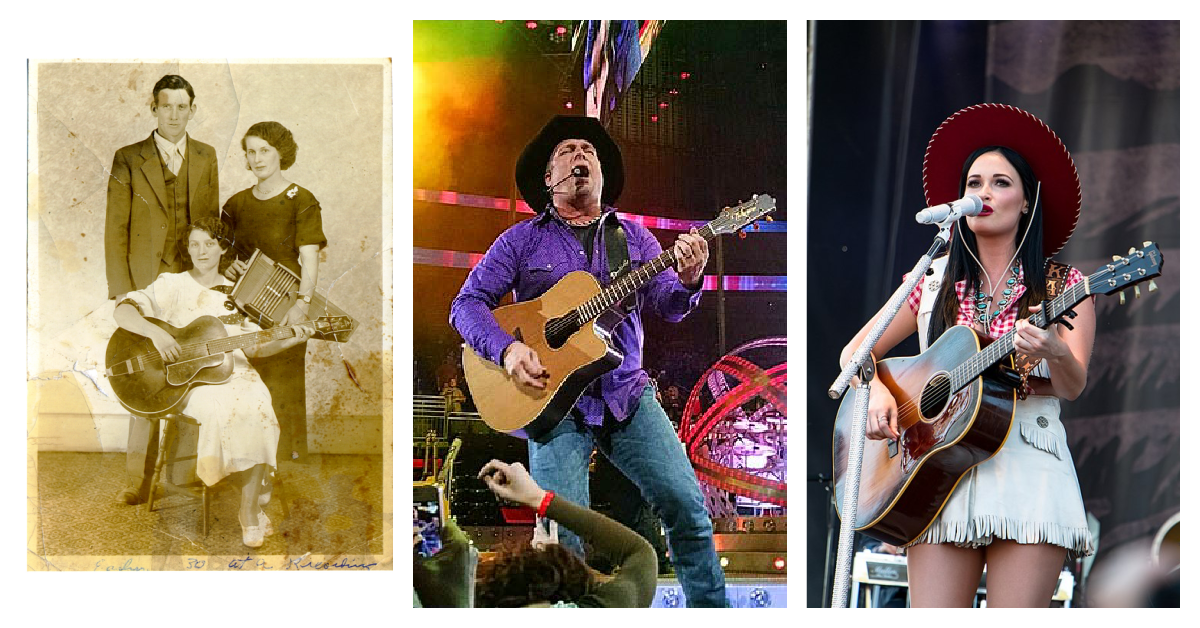For some, country music appears to be a genre that hasn’t changed much over time – too often, there is a perception of it being pretty much the same, no matter what song or artist is on the playlist. But over the years, it really has changed – from the subjects of the songs to the styles to the variety and diversity of its influences. We’ve seen the “big bang” of early commercial country music at the 1927 Bristol Sessions with artists like Jimmie Rodgers and the Carter Family, honky-tonk blues, the Nashville sound, outlaw country, traditionalists, and so much more.
Over the past decade or so, it feels like we’ve seen a conforming era in the sound of country music. As a country music fan, I can’t count how many times I’ve said or heard the words: “I don’t like new country music, only old country music.” When Taylor Swift emerged as a country artist, I was right there for it. I burned “Our Song,” “Tim McGraw,” and the Fearless album onto a CD as quick as I could. But after a while, Taylor Swift wasn’t so country anymore – and she wasn’t the only one. And so soon, I fell away from new artists because I felt like they were clinging too much to pop music, or really over-doing the country sound.
Within the last five years, however, I’ve once again started listening more and more to new country. Artists like Luke Combs, Kacey Musgraves, and most notably, Tyler Childers have become especially popular in country music. These artists seem to be moving towards a revival of that country sound I’ve been craving. They haven’t necessarily strayed away from a pop sound, but they don’t sing solely about the stereotypical boots, tractors, beer, and women either. For me, it feels like they’ve brought back the country sound with real emotion – from “Dime Store Cowgirl” and “Whitehouse Road” to “When It Rains It Pours.”
When I listen to these artists, I definitely feel the connection to 1990s country, which was a very successful decade for the genre. We saw unforgettable artists like Garth Brooks, Shania Twain, the Chicks, and many more come to the stage, and their legacy and music is still insanely popular almost 30 years later. Not only did the 1990s see these successful and “modernizing” artists, but there was also a roots revival in country music where some musicians hearkened back to earlier bluegrass and hillbilly stars and took a step away from a commercialized sound.
While we have seen numerous waves between the popularity of country-pop and traditional country, we can connect our dear fondness of that old-time sound to the 1927 Bristol Sessions and other early recording sessions of “hillbilly music.” The Bristol Sessions led to the mainstream commercialization of the traditional sound we’ve now been listening to for almost 100 years. When we’re relaxing outside on a hot summer day to the embrace of fiddles, tangy harmonies, and the sounds of music floating through the air, we must give credit to that foundational moment at the Bristol Sessions.

So, how does this compare to what we are experiencing today in country music? While I think we do find ourselves within the roots revival and traditional influences of the genre, we also have to look at how society is today – we naturally have major divisions in the genre over the sound that is created and viewed as “country,” but now we also have divisions within politics and social activism that are also being expressed through music. We also have greater technological advances that allow the industry to produce many different styles of country music, even some we might not have heard before.
And so, for me, I think as the cycle continues to go on, we will never see exact repeats and can never exactly compare one cycle to a previous one, but we will always have the influence of country music’s history as part of this wonderful musical story.
* Title images: The Carter Family (courtesy of Dale Jett); Garth Brooks (Fatherspoon); Kacey Musgraves (BruceC007)
Caitlyn Carter is an honors student and psychology major at Western Carolina University. She is a fan of country music and enjoys exploring different trends of the genre between decades.


